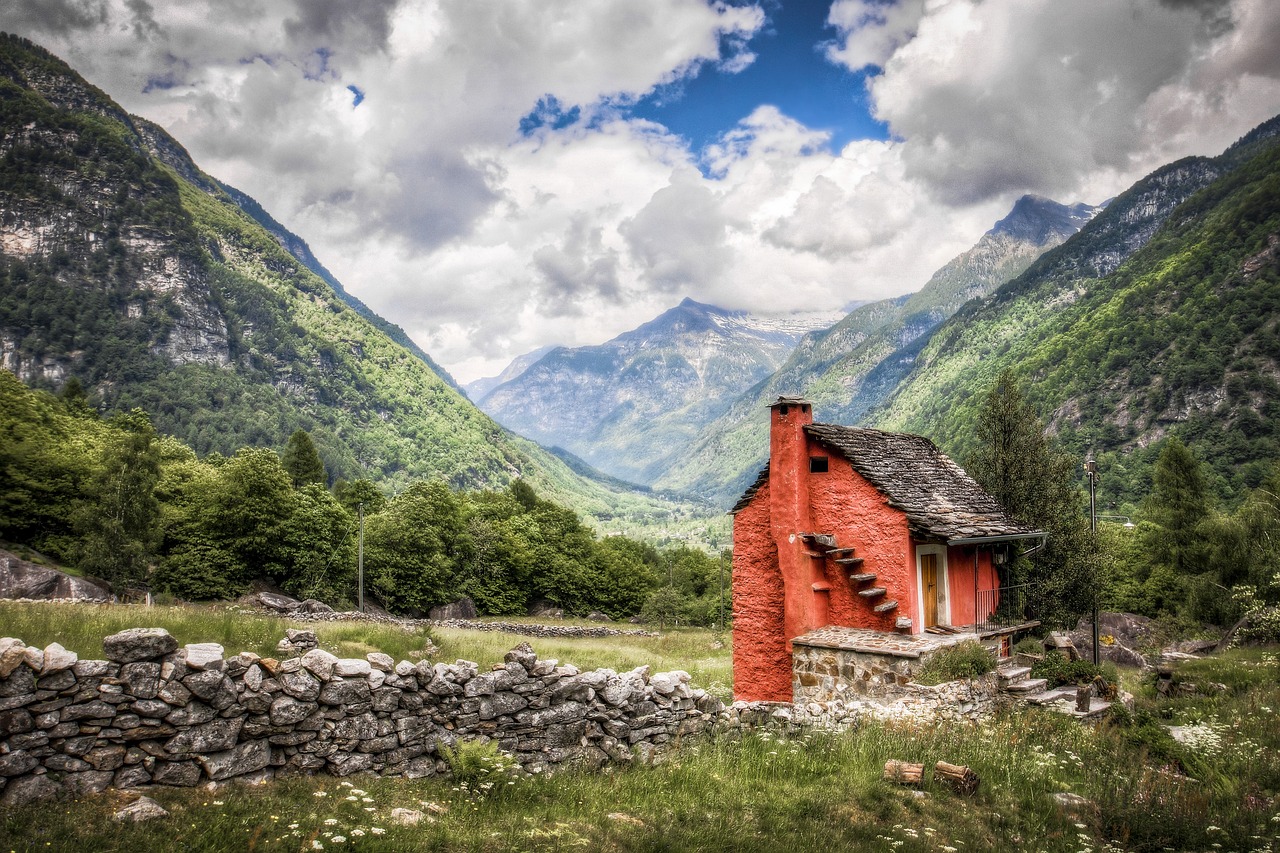

Question: How is House Worth Affected By a House’s Age?
Answer: How house worth is affected by a house’s age varies. Generally, older homes depreciate, losing value due to wear and tear. However, desirable historic homes or those in prime locations can appreciate in value despite age.
Understanding Home Value and Age
Many factors influence a home’s value. Age is one such factor, playing a significant role in determining market price. A newer home often commands a higher price than an older one, reflecting modern construction practices and updated amenities. However, age does not tell the whole story. This article explores the complex relationship between a house’s age and its market value, examining how various elements can impact price, both positively and negatively. We will explore the ways age can influence a house’s value, considering both the drawbacks and the potential benefits.
Construction Quality and Materials
Homes built with high-quality, durable materials often hold their value better over time. Solid foundations, well-maintained roofs, and sturdy framing contribute to a home’s longevity and desirability, even as it ages.
Houses built with less durable materials might experience more wear and tear, potentially decreasing their value as they age.
Inspectors assess the condition of these elements during a home inspection, providing valuable insight into the overall quality and expected lifespan of a property.
Click here for more information on home appraisal companies near me
Related Article: What are the Influences of School Districts on House Worth?
Related Article: What are the Roles of House Worth and Neighborhood Amenities?
Location, Location, Location
A prime location remains a key factor in determining a home’s value, regardless of age. Properties situated in desirable neighbourhoods, close to amenities like schools, parks, and transportation, tend to retain their value and appreciate over time.
Even older homes in sought-after areas can command premium prices due to their location. Buyers often prioritize location over other factors, making it a powerful influence on market value.
Market Conditions
Prevailing market conditions, such as supply and demand, also play a significant role in how a house’s age affects its value. In a seller’s market with limited inventory, older homes might see a surge in value due to increased competition.
Conversely, in a buyer’s market, older homes might face more price pressure. Understanding the current market dynamics helps buyers and sellers make informed decisions about pricing and negotiations.
Maintenance and Care
Regular maintenance plays a crucial role in preserving a home’s value, especially as it ages. Addressing minor repairs promptly and investing in preventative maintenance can prevent larger, more costly problems down the road.
A well-maintained older home demonstrates care and attention, making it more attractive to potential buyers and preserving its market value over time.
Conclusion
A house’s age influences its value in various ways. While newer homes often have an initial price advantage, older homes can hold and even increase their value through strategic renovations, careful maintenance, and a desirable location. Ultimately, a combination of factors determines a property’s market worth.
By understanding how age, construction quality, updates, location, and market conditions interact, buyers and sellers can make informed decisions. Consulting with a qualified real estate professional provides valuable insights into local market trends and helps buyers and sellers navigate the complexities of pricing and valuation.
Remember, age is just one piece of the puzzle. By considering all relevant factors, you can gain a more accurate and comprehensive understanding of how age impacts house worth. [ 1 ]
References
1. https://www.bankrate.com/real-estate/should-you-buy-an-old-or-new-home/


